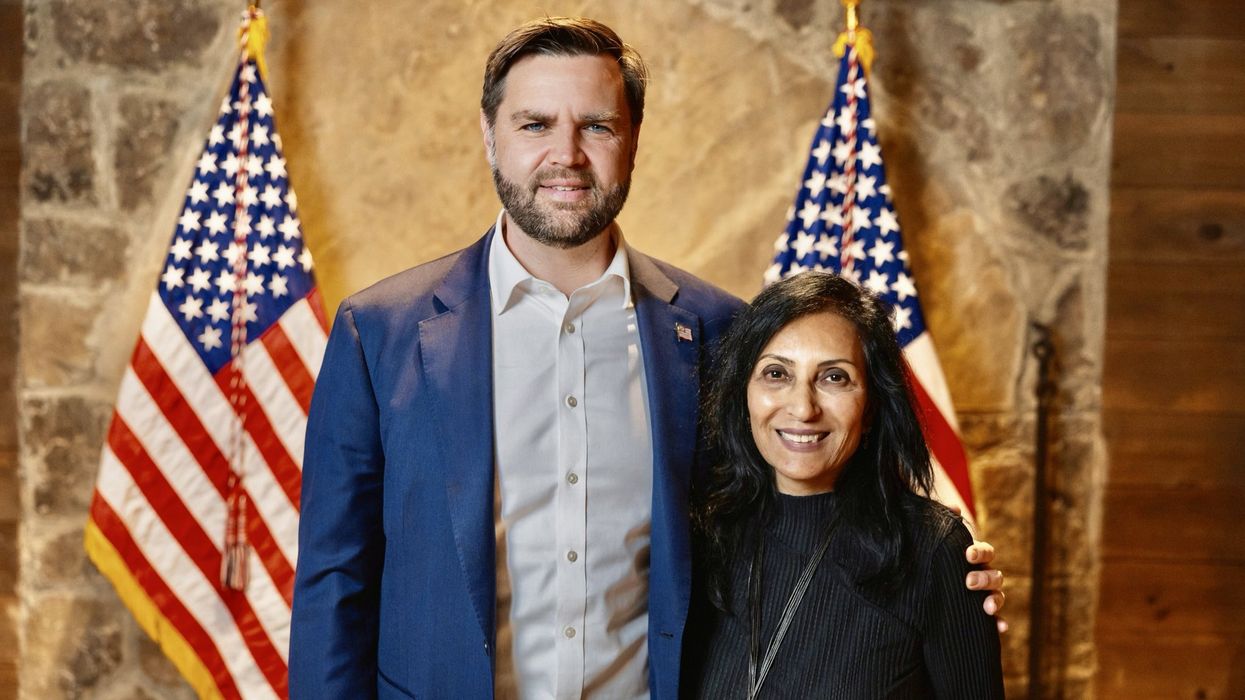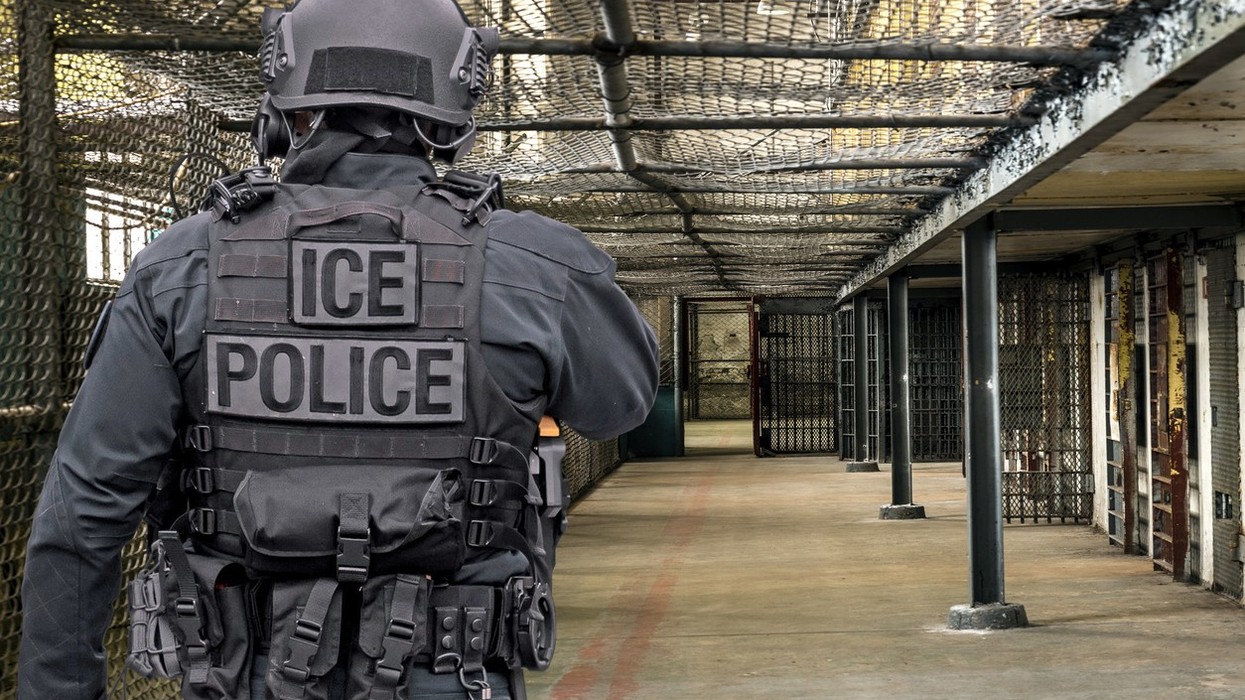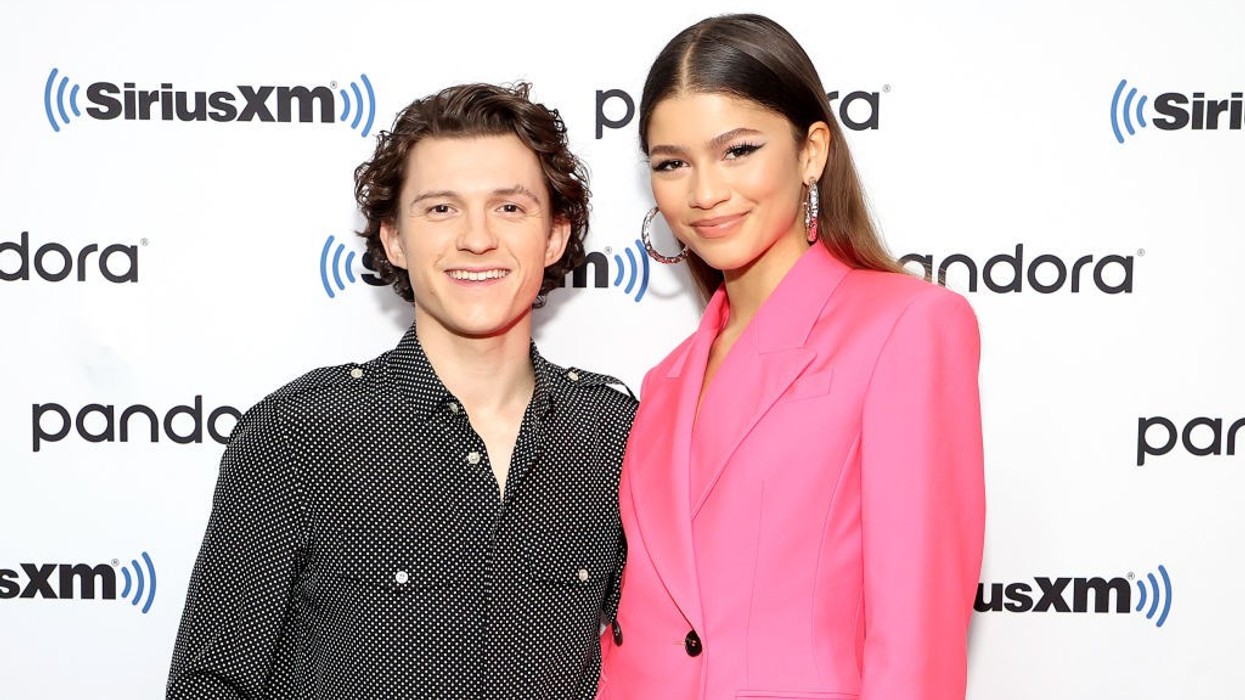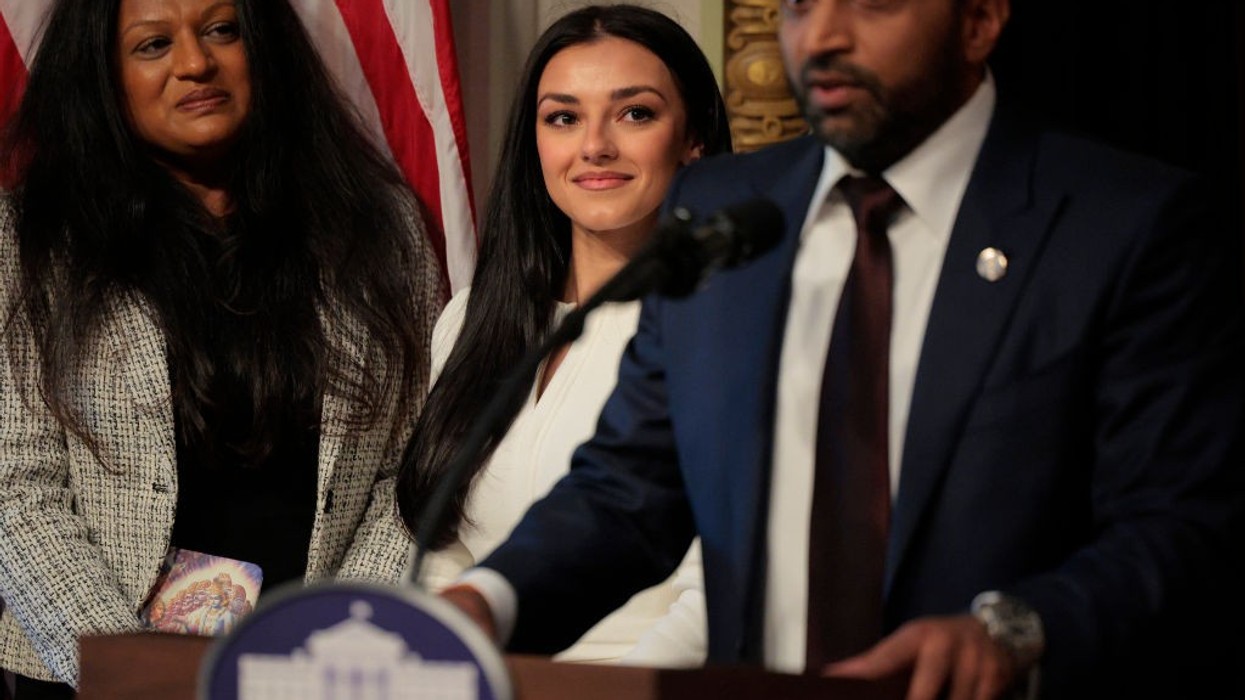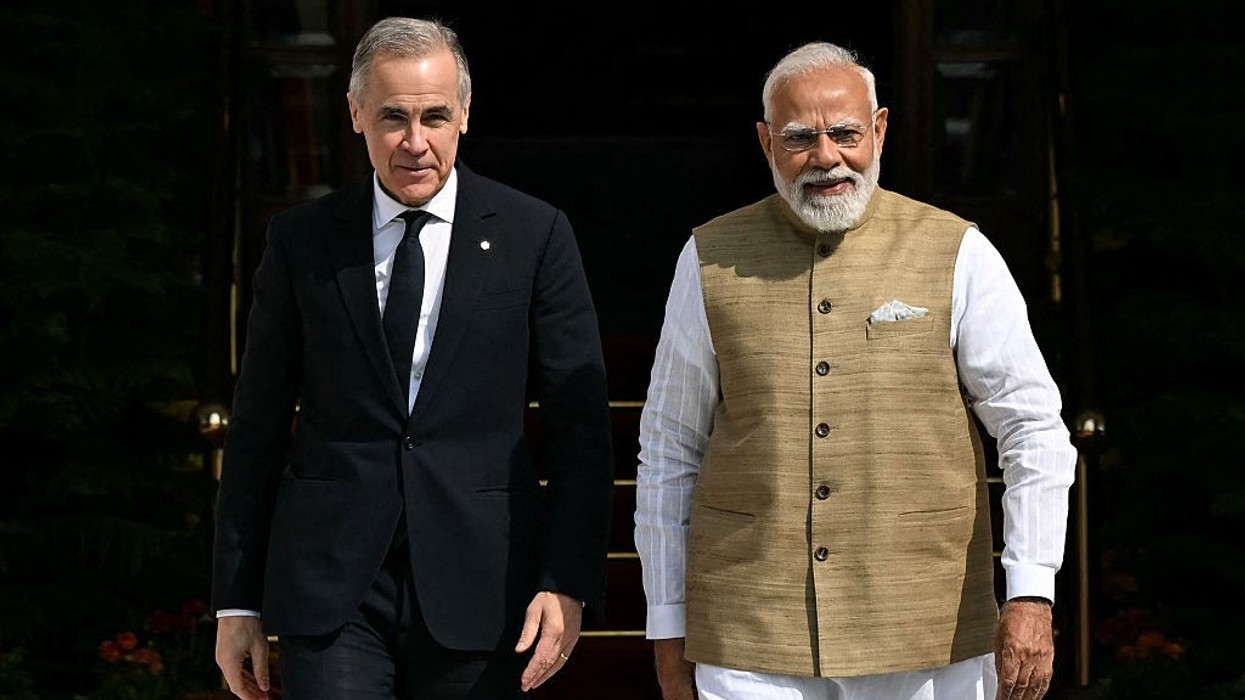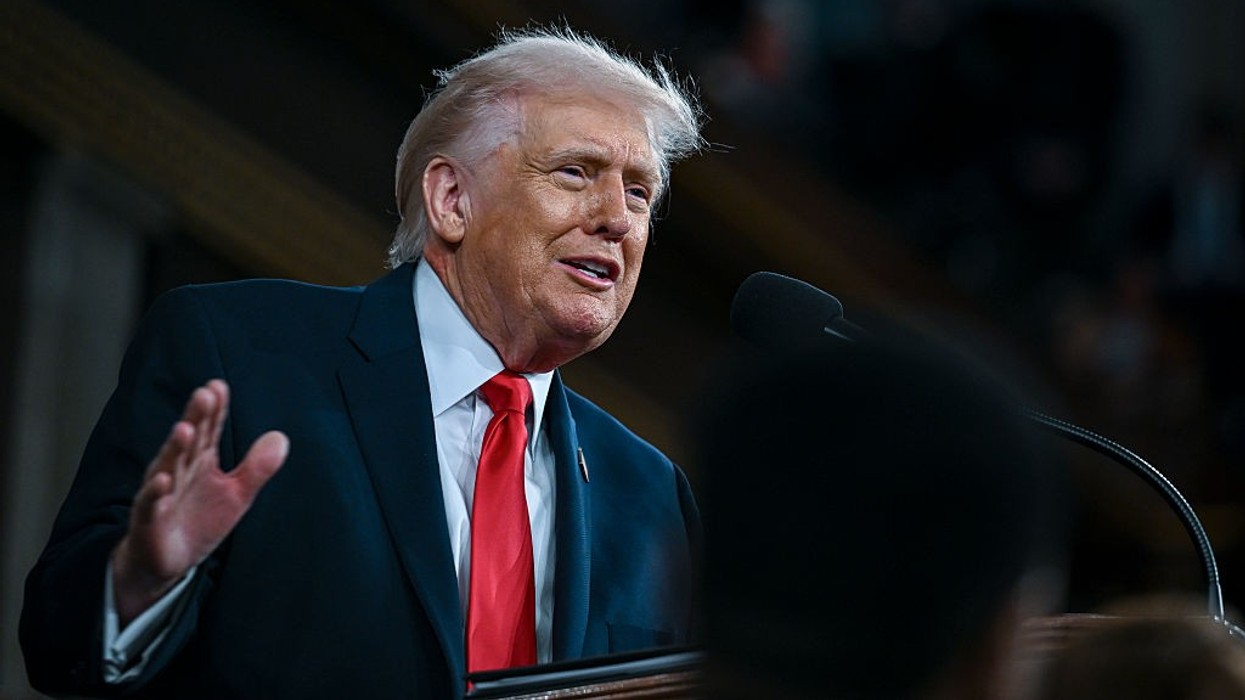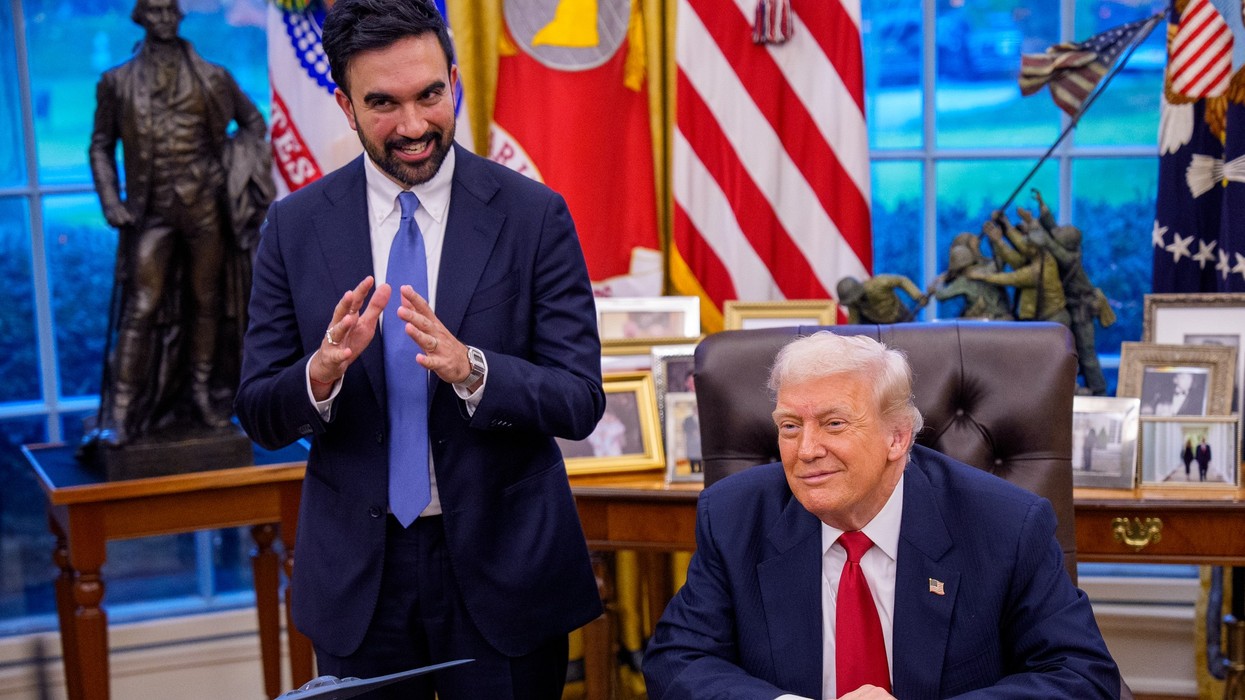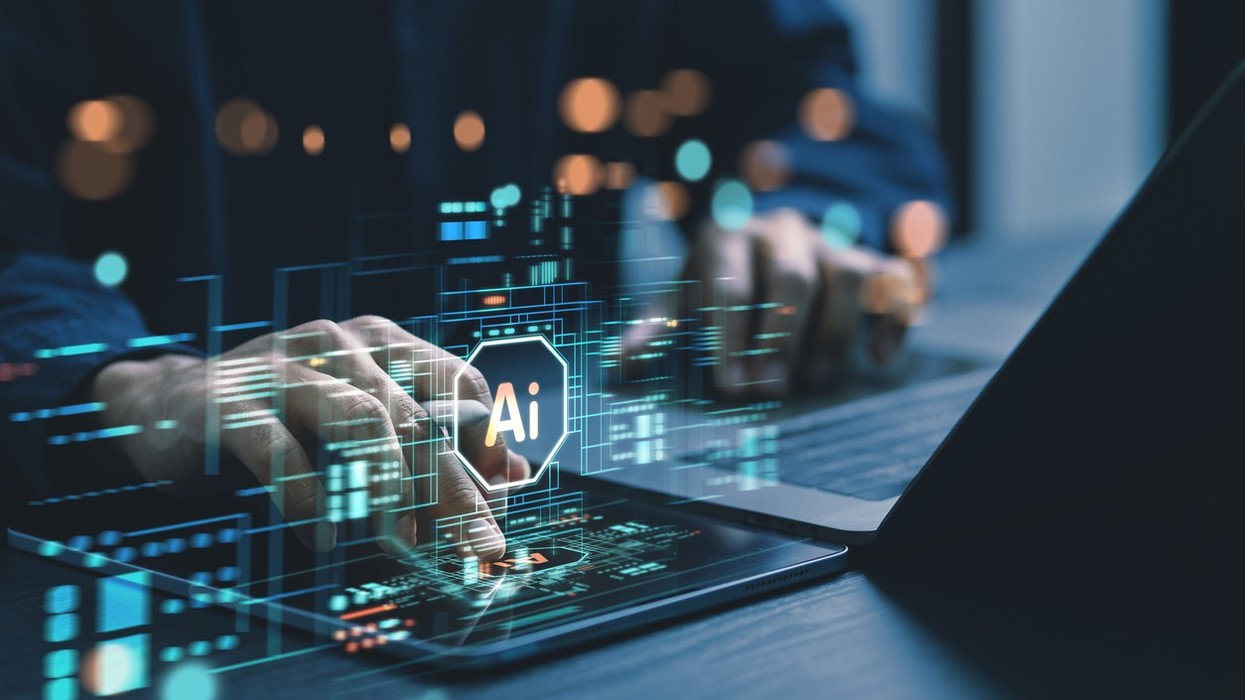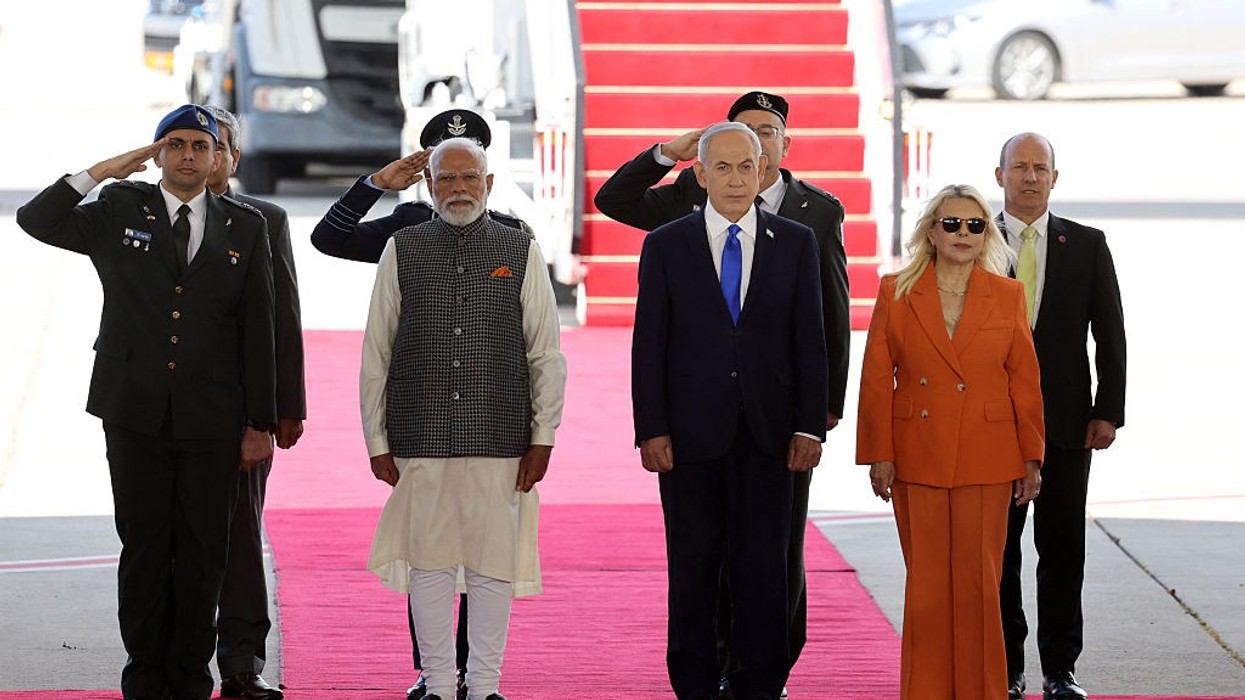Highlights:
- VC Asha Jadeja Motwani calls for fewer H-1B visas.
- Says only “top talent” should qualify, not “mediocre engineers.”
- Claims U.S. tech leadership depends on elite global hires.
- Comments spark backlash from Indian tech workers online.
- Critics say her stance fuels anti-immigrant sentiment.
A major debate has erupted in the tech world after Silicon Valley venture capitalist Asha Jadeja Motwani publicly called for the United States to dramatically scale back the number of H-1B visas issued to foreign workers. In a strongly worded post on X, Motwani argued that 'mediocre engineering talent' entering the US through the program is hurting American competitiveness, and that only the world’s top tech minds should qualify.
According to Motwani, the original intent of the H-1B system was to attract exceptional global talent, not to provide a pathway for average or underqualified professionals. She argued that the current influx of foreign workers dilutes opportunities for American-born engineers. “Mediocre engineering talent coming to the US on H-1B visas is a bad idea. These positions must go to native-born Americans,” she wrote.
Motwani, who has long advocated for tech innovation and high-skilled immigration, clarified that she supports the US policy of bringing in elite global engineers who can strengthen the country’s technological edge. She credited this selective intake of top-tier immigrants with helping American firms stay competitive against global rivals, particularly in China.
“America is doing the right thing by identifying and attracting top talent from around the world. This is giving American technology companies a strategic edge,” she said.
However, her message was firm: the US must sharply reduce the overall number of H-1B visas, ensuring that only exceptional talent receives them. “All in all, H1-B visas must be reduced in number so that we reserve those visas for absolutely top talent,” she concluded.
The post quickly drew intense reactions online, particularly from the Indian tech community, one of the largest beneficiaries of the H1B program. For many Indian engineers, the H-1B visa represents one of the few reliable routes to work in the United States, often enabling long-term careers and permanent residency.
Critics accused Motwani of promoting anti-immigrant narratives and overlooking deeper structural issues, such as the US’s chronic underinvestment in STEM education and skill development. Others argued that labelling foreign workers as 'mediocre' is unfair and ignores the significant contributions Indian and Asian engineers have made to American innovation, from Silicon Valley startups to Big Tech giants.
Motwani’s comments have now added fuel to the ongoing national debate over immigration, talent pipelines, and the future of the American tech workforce, issues likely to intensify as elections and economic pressures reshape immigration policy discussions.
